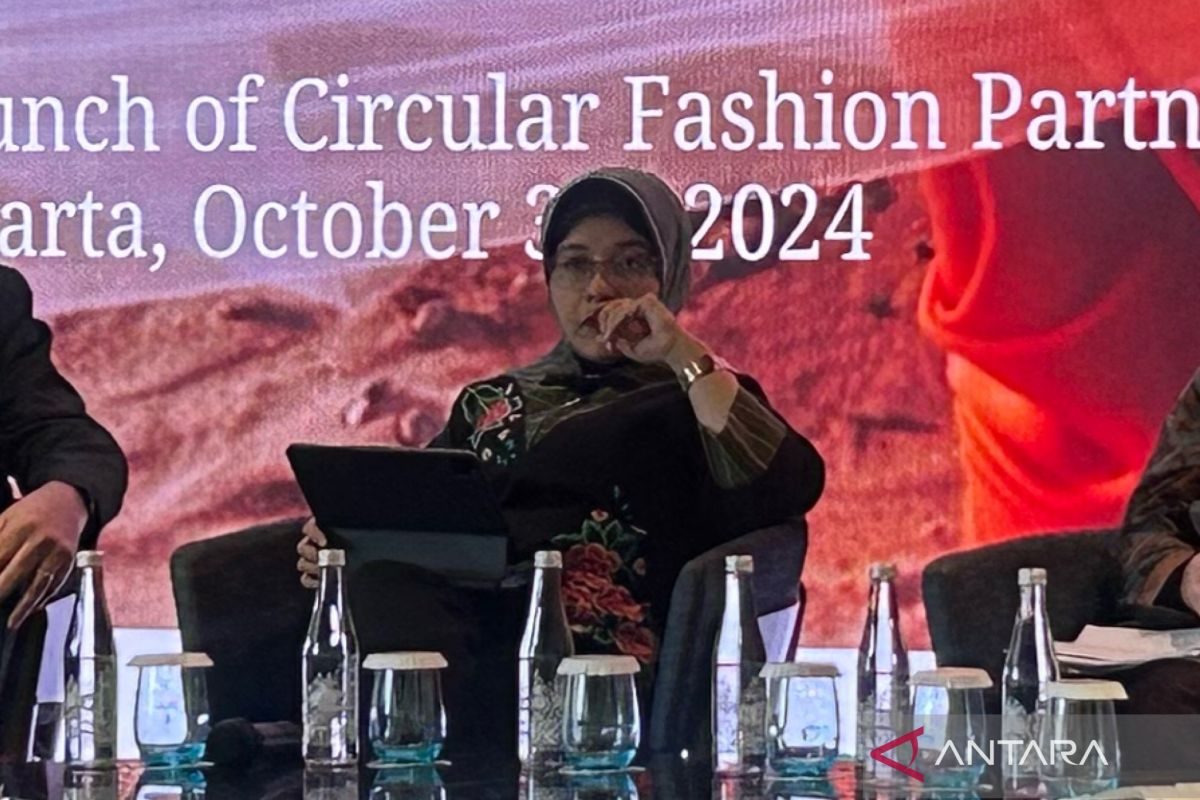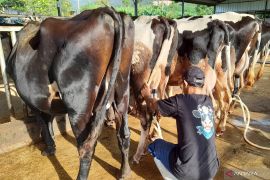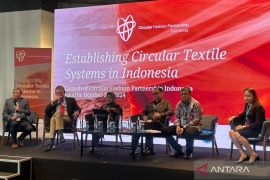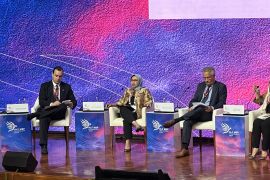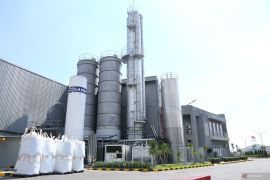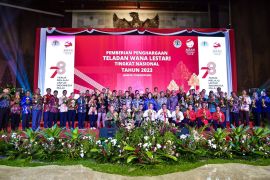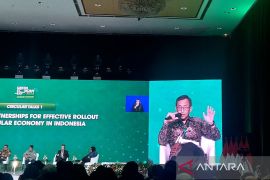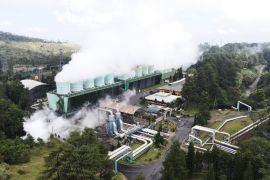"Green economy and circular economy will be one of Indonesia's growth engines, including industrialization in it," the ministry's deputy for economic affairs, Amalia Adininggar Widyasanti, said here on Thursday.
"Therefore, we have determined five priority sectors to implement circular economy in Indonesia," she added.
The implementation of circular economy aims to reduce the use of production input materials that come from natural resources, she informed.
The circular economy plan also aims to support zero waste efforts in Indonesia through the implementation of 9R, consisting of refuse, rethink, reduce, reuse, repair, refurbish, remanufacture, repurpose, recycle, and recover.
For the textile sector, she said, the strategies to implement circular economic actions include developing infrastructure and strengthening the national textile circular economy ecosystem, reducing textile waste, and increasing resource efficiency in the textile production process.
"To encourage a circular economy in the textile sector is to create or build an ecosystem from the circular industry. Well, this ecosystem is important," Widyasanti said.
She further emphasized that the government cannot work alone to implement the circular economy in the textile sector. She then invited ministries/institutions and the private sector to forge collaboration.
"The plan designed by the government already exists, but for implementation and creating concrete things, of course, collaboration with everyone is needed," she added.
Related news: Bappenas highlights promising potential of recycling industry
Related news: Indonesia highlights commitment to circular economy at HLF MSP
Related news: Indonesia devising policy to develop sustainable plastic industries
Translator: Maria Cicilia Galuh Prayudhia, Yashinta Difa
Editor: Azis Kurmala
Copyright © ANTARA 2024
